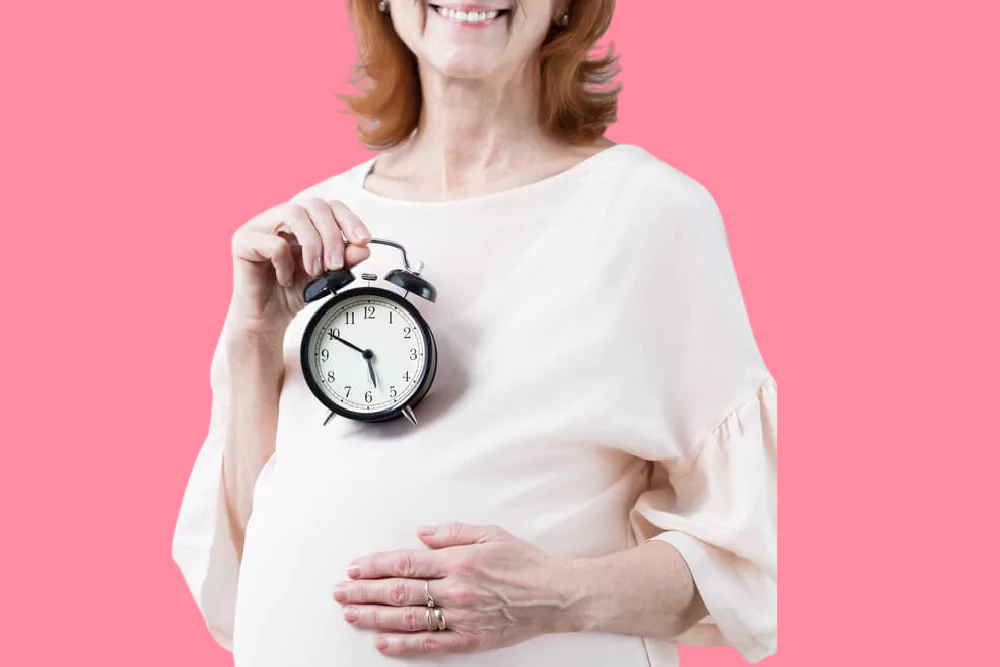Delayed pregnancy is a problem that causes psychological anxiety for many women, especially with a strong desire to have children after marriage.
Delayed pregnancy refers to a year or more of regular marital relations without pregnancy despite not using contraception.
What is delayed pregnancy?
Fertilization or implantation of the egg after a period of marriage despite regular marital relations.
The cause may be related to the woman, the man, or both.
Causes of delayed pregnancy in women
The causes vary from one woman to another, and the most common factors include:
- Ovulation disorder or weak ovulation.
- Ovarian cysts or functional cysts.
- Blocked fallopian tubes or pelvic adhesions.
- Endometriosis.
- Hormonal disorders such as high prolactin or hypothyroidism.
- Weight gain or extreme thinness.
- Constant stress and anxiety.
- Chronic pelvic inflammatory disease or recurrent vaginal infections.
- Advancing age, especially after the age of 35.
Signs that may indicate a fertility problem

Signs that warrant a visit to the doctor include:
- Irregular or absent menstrual cycles.
- Excessive hair growth in unusual areas.
- Chronic pain in the lower abdomen or during intercourse.
- Abnormal vaginal discharge.
Factors that increase the risk of delayed pregnancy
There are some factors that negatively affect fertility, including:
- Smoking and alcohol consumption.
- Lack of sleep and constant physical stress.
- Excessive obesity or extreme diets.
- A family history of ovarian or uterine disease.
Methods for treating delayed pregnancy in women

Treatment depends on accurately identifying the cause and includes:
- Ovulation stimulation: using medications such as Clomid or stimulating injections under the supervision of a doctor.
- Treatment of hormonal disorders: such as thyroid treatment or prolactin reduction.
- Treatment of endometriosis or blocked tubal ligation: using simple surgery or laparoscopy.
- Weight loss or weight gain: depending on the health condition.
- Assisted reproductive technologies: such as in vitro fertilization or IVF in complex cases.
Tips to Help Increase Your Chances of Pregnancy
To improve fertility and increase your chances of conceiving, it is recommended to:
- Follow a healthy, balanced diet.
- Practice light exercise regularly.
- Avoid anxiety and stress as much as possible.
- Get good sleep and avoid staying up late.
- Monitor ovulation with your doctor to determine the best time for intercourse.
- Avoid smoking and excessive caffeine.
Is delayed pregnancy treatable?
Yes, with early diagnosis and appropriate medical follow-up, most cases can be successfully treated.
Is delayed pregnancy permanent?
Not always. It may be temporary, resulting from minor, treatable disorders.
When should you see a doctor?
After a year of marriage without pregnancy, or after six months if the woman is over 35.
Article Summary
Delayed pregnancy in women may result from a hormonal imbalance or problems with the ovaries or fallopian tubes.
However, thanks to medical advances and early treatment, fertility can be restored and the chances of conceiving significantly increased.